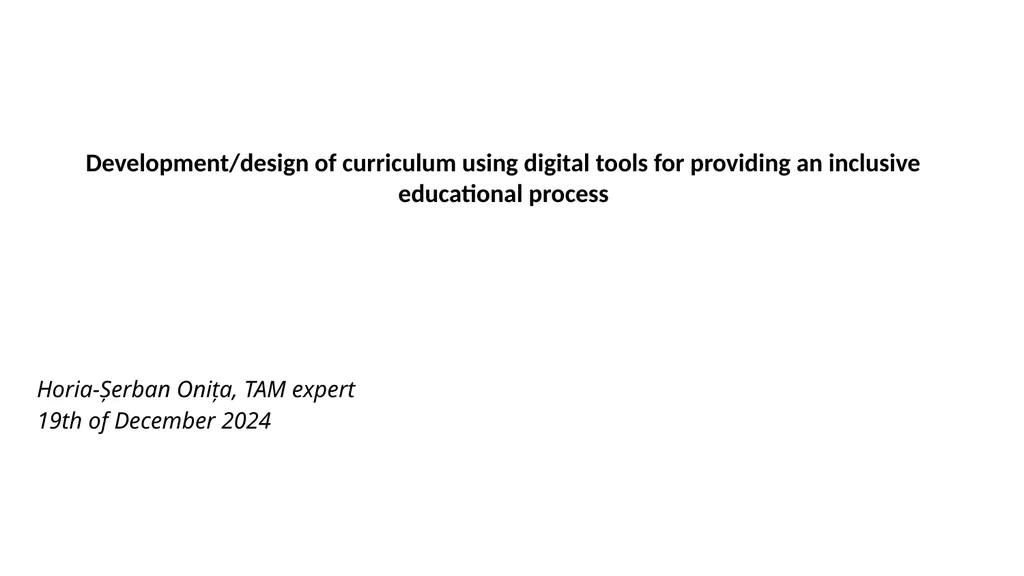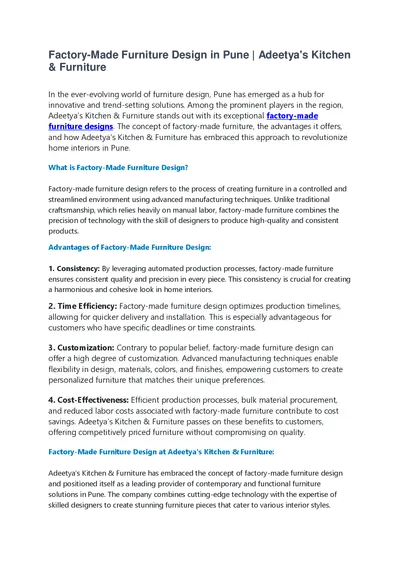
Author : olivia-moreira | Published Date : 2025-05-19
Description: Developmentdesign of curriculum using digital tools for providing an inclusive educational process Horia-Șerban Onița, TAM expert 19th of December 2024 Go to Menti.com 1505 8677 Bologna Process views Social Dimension has become one ofDownload Presentation The PPT/PDF document "" is the property of its rightful owner. Permission is granted to download and print the materials on this website for personal, non-commercial use only, and to display it on your personal computer provided you do not modify the materials and that you retain all copyright notices contained in the materials. By downloading content from our website, you accept the terms of this agreement.
Here is the link to download the presentation.
"Development/design of curriculum using digital"The content belongs to its owner. You may download and print it for personal use, without modification, and keep all copyright notices. By downloading, you agree to these terms.













